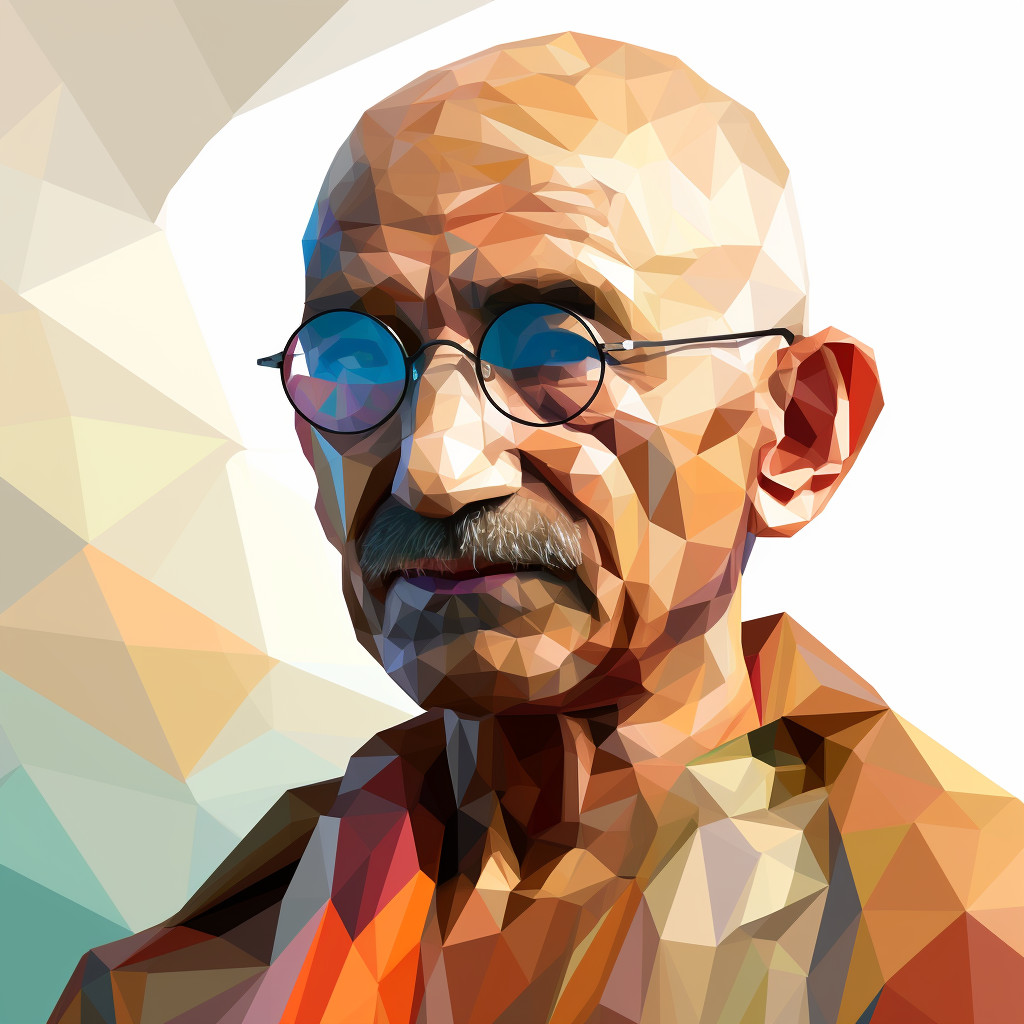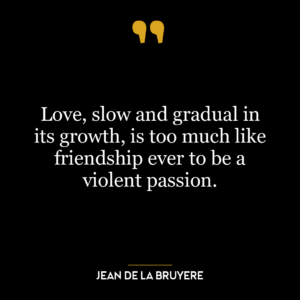This quote suggests that faith is not something that can be instantly understood or acquired. Instead, it is a condition or a state of being that one must constantly nurture and develop. It implies that faith is not static or stagnant but rather dynamic and evolving, much like a living organism that grows and matures over time.
In essence, faith is depicted as a journey, not a destination. It is not a commodity that one can simply possess but a process that one must actively engage in. This process involves not just believing in something but also living out that belief in one’s daily life, which can often be challenging and demanding.
From this perspective, faith is not just about accepting certain doctrines or dogmas but also about embodying certain values and virtues. It is about becoming a certain kind of person, one who is committed to a particular way of life.
In today’s world, this idea can be applied in various ways. For instance, in the realm of personal development, it suggests that growth and change are not things that happen overnight but require time, effort, and patience. They involve not just acquiring new knowledge or skills but also cultivating new habits and attitudes.
Similarly, in the realm of social and political activism, it suggests that progress and reform are not things that can be achieved through quick fixes or easy solutions but require sustained commitment and persistent effort. They involve not just changing laws or policies but also transforming hearts and minds.
In both cases, the key is to approach the task with a sense of humility and openness, recognizing that there is always more to learn and more to do. It is about being willing to question and challenge oneself, to take risks and make mistakes, and to keep moving forward, even when the path is uncertain or the outcome is unclear. It is, in short, about embracing faith as a state to grow into, not something to grasp.









